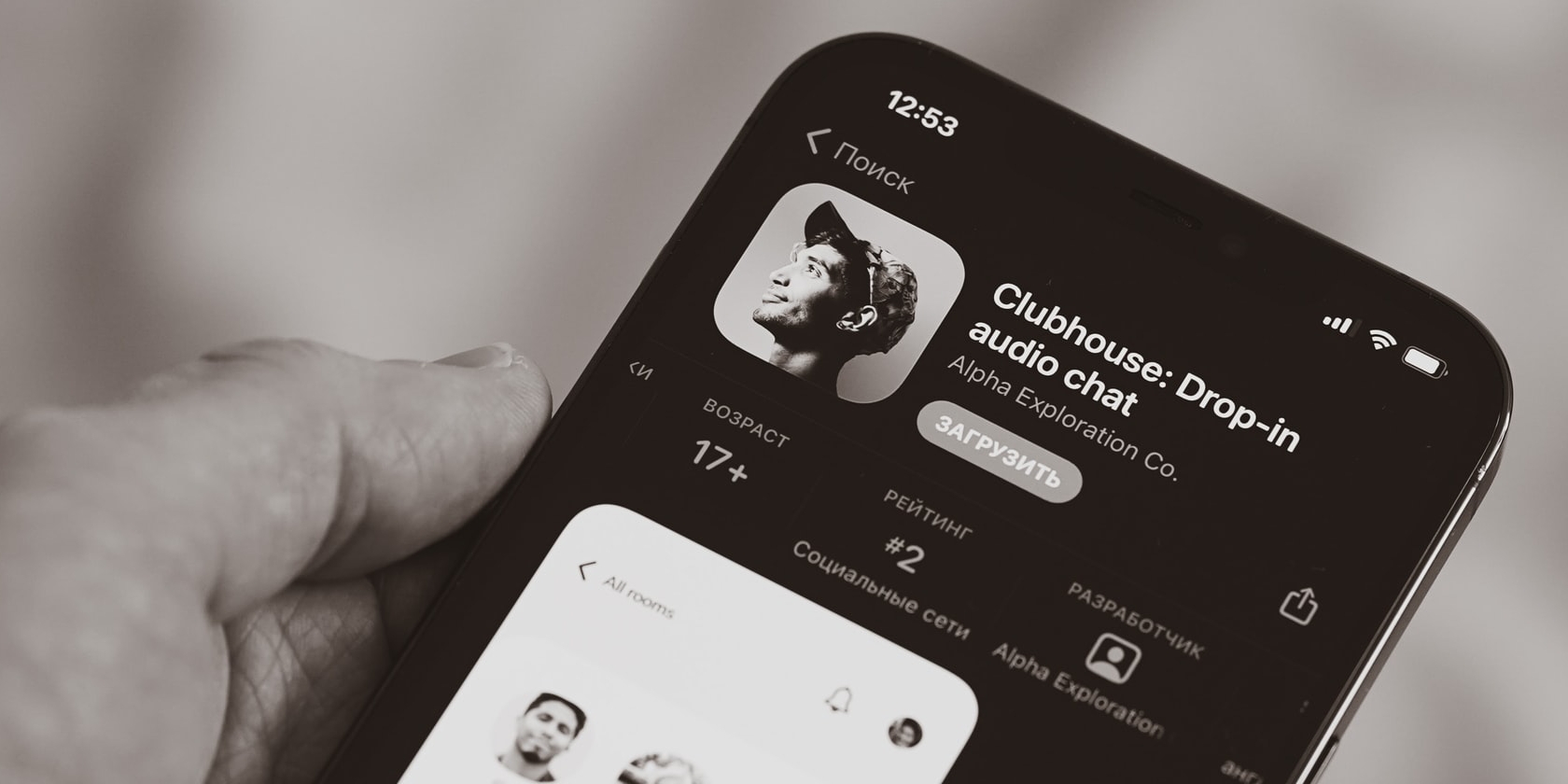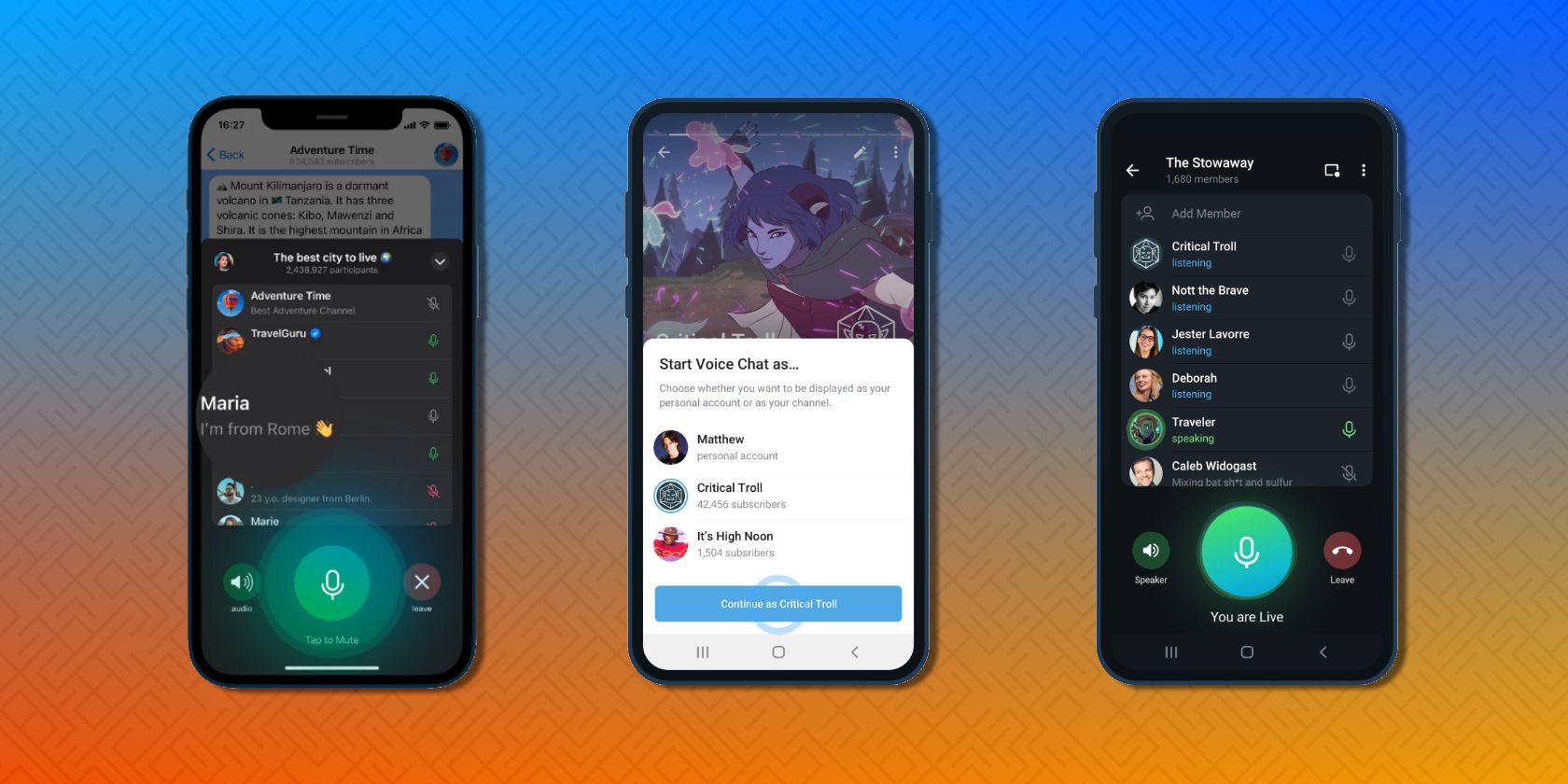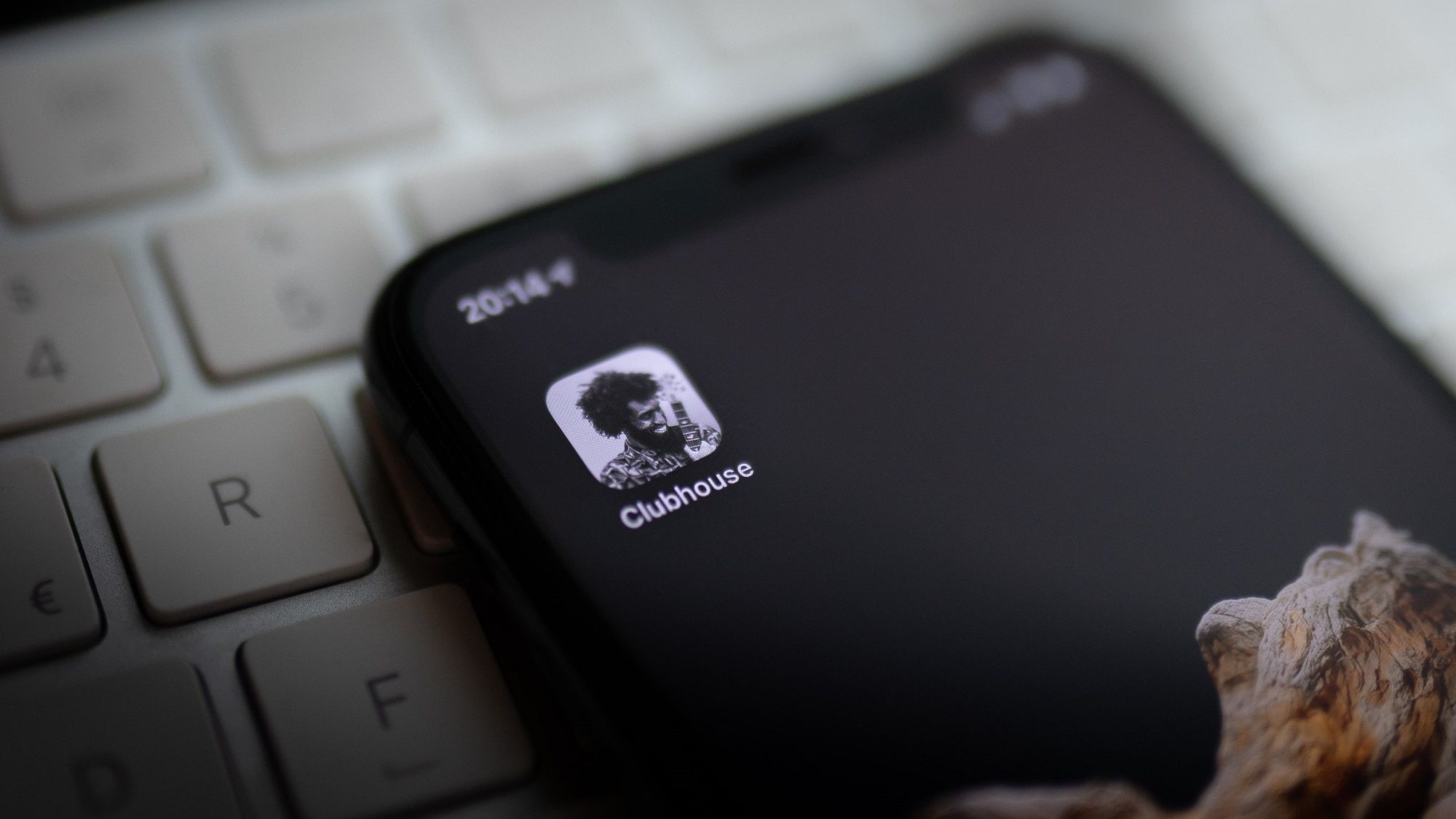Clubhouse’s unique position as the first audio-only social network helped it grow rather fast for an app that’s available only to iOS users on an invite-only basis.
However, its success has attracted the attention of other tech companies who are now working to build potential rivals for the audio social media platform.
In this post, we’ll look at the various clubhouse clones, their strengths, and which of them is most likely to succeed.
Why Are There So Many Clubhouse Clones, Anyway?
Clubhouse introduced the world to a new way of connecting on social media. Its audio-only offering was unique and it quickly caught the attention of millions.
However, Clubhouse’s exclusivity locked out many people who would love to use an audio social network but either can’t get an invite or don’t use an iOS device.
You can view other tech companies cloning efforts as attempts to make audio social networking more accessible to the public or a way to expand into an untapped market that Clubhouse has yet to reach.
The Most Notable Clubhouse Clones
There's no shortage of companies trying to replicate the success of Clubhouse—with a few names you wouldn't expect entering the fray.
Let’s look at some of the most popular Clubhouse-inspired apps and features...
1. Instagram Audio Rooms
Mobile developer, Alessandro Paluzzi, revealed in a tweet that Instagram is working on adding a Clubhouse-like feature into its app.
Images shared by the leaker suggest that the feature, tagged Audio Rooms, will likely be integrated into its Direct Messages screen.
Instagram has in the past had success with some of its cloned features like Stories and Reels. However, it’s hard to tell whether its Clubhouse clone will be as successful, especially when you consider the competition and the fact that the feature is still in the development stage.
2. Telegram Voice Chat 2.0
Telegram recently announced an update for its existing in-app Voice Chat feature and it looks like the update is primed at making the feature a potential rival for Clubhouse.
Telegram Voice Chat 2.0 allows admins of public channels and groups to host live Voice Chats that can be joined by channel members. Non-channel members can also join the conversation by using the Voice Chat’s unique link.
Telegram allows participants to record Voice Chats for playback purposes. It however displays a red light alongside any participant recording the call, for privacy reasons.
2. LinkedIn Live Audio Rooms
Barely a month after leaking information about Instagram’s Audio Rooms, developer Alessandro Paluzzi discovered that LinkedIn was also working on a Live Audio Room feature.
LinkedIn has confirmed that it is working on bringing new audio features to its platform through its spokesperson Suzi Owens.
3. Twitter Spaces
Twitter was the first to jump on the Clubhouse cloning trend. Twitter Spaces enables users to have real-time audio conversations on Twitter.
Users can create a Space where they can have audio conversations with their followers and even non-followers. A host can invite participants by sharing a link or sending them a DM.
Here's a preview of what the Spaces feature will look like, as tweeted by a Twitter employee.
While Spaces is not Twitter’s first shot at audio communication, having previously rolled out voice tweets to iOS users, the similarity of features between Spaces and Clubhouse hints that the new feature is positioned as a potential rival for Clubhouse.
4. Spotify’s Locker Room Talk
Spotify recently acquired Betty Labs; the maker of an audio-only app called Locker Room. Locker Room is an audio-only social platform used by sports fans to chat about their various sports interests.
Spotify has revealed that it plans to modify the Locker Room Talk to offer an “enhanced live audio experience” for creators and fans, not just in sports but in music and other cultural topics.
Applying these changes to Locker Room means that Spotify will inevitably borrow a feature or two from Clubhouse.
5. Discord Stage Channels
Disord has launched a new live audio feature on its platform, expanding upon its voice chat features. The new feature enables users to create "Stages" that others can join for a live audio chat.
If you've used Discord before, you know this is not very different from what Discord already offered. The major change is the balance of the conversation. Rather than just offering voice chat and channel, with Stages there's a speaker and listeners.
6. Facebook Audio Rooms
Facebook is also working on its own Live Audio Rooms feature, where users can create audio broadcasts other users can join and interact in.
Adding the Audio Rooms feature to Facebook doesn’t come as a surprise to many as the social media giant has a history of adapting other apps features to its platform. Some other features Facebook has copied are; Stories from Snapchat and Neighborhoods from Nextdoor.
Images shared by Alessandro Paluzzi showed demos of the feature which will allow users to host public or private audio group chats. There’s currently no official word from Facebook on the feature.
So Which Clubhouse Clone Will Most Likely Succeed?
You’ve probably already noticed that most of the app and features we’ve listed are either still in their beta test or development stage, thus our verdict is going to be based on the parent platform’s track record and overall strengths.
To start with, it’s hard to imagine an audio communication feature thriving on Instagram because of its reputation as a visual social media platform. While Instagram’s massive user base gives it an edge over some other Clubhouse rivals, its reputation makes it highly unlikely that its Audio Rooms feature will be the most successful Clubhouse clone.
Telegram’s renown as a secure messaging app makes Voice Chat 2.0 a top contender for the most likely to succeed Clubhouse clone. Users who are very concerned about the privacy of their Voice Chats will be more inclined to use the platform.
The Voice Chat 2.0 looks primed for success. But other rivals in the Clubhouse-cloning race make it unlikely that it will be the most successful Clubhouse clone.
LinkedIn Live Audio Rooms also has a great shot at being a successful Clubhouse clone because of its existing professional network. However, it's unlikely that its Live Audio Rooms will be the most successful Clubhouse clone as LinkedIn has never been known as a place for “consuming” content.
Twitter’s Spaces first-cloner advantage gives it a leg up over its fellow Clubhouse clones. The 280-character limit for tweets is also very likely to motivate users who want to share more to use its Spaces chatroom.
Plus, the insights Twitter has gotten from its existing audio tweets and DM features will also give it an edge over other Clubhouse clones. However, its relatively smaller user base (compared to Facebook and Instagram) could hamper its growth.
Spotify’s Locker Room is another top contender. Its unique advantage is that it has already tested its product in the sports niche with measurable success. But it’s hard to imagine Spotify defeating other giants in the Clubhouse-cloning race.
Discord has an advantage over its rivals as it already has a reputation in the audio social world with its private voice chat. But its advantage is negligible compared to that of some of its rivals.
Facebook's Clubhouse Clone May Beat Out the Rest
The odds of an audio broadcast tool succeeding on Facebook is relatively high, as the platform has over the years adapted several other content formats (Stories, video conferencing, etc.) to its platform with little or no hiccups from its users.
Its intimidating userbase and existing community features like Facebook Groups are two extra factors that give it an edge over others in the Clubhouse-cloning race.
It's hard to predict which of the Clubhouse clones is most likely to succeed. All in all, our money is on Facebook by virtue of the size of its user base and ability to scale up new features.
Where Does Clubhouse Fit In?
Clubhouse is still doing well for an invite-only app only available to iOS users. How it will perform when these other apps and features are released is hard to tell for now.
However, its unique position as the pioneer audio-only social network will definitely give it an edge over potential rivals. The most successful clone will most likely content itself with being second best in the audio social world.



